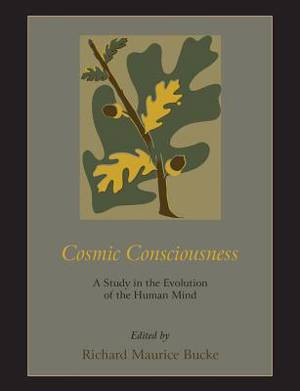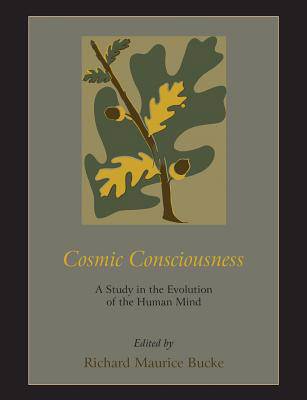
- Afhalen na 1 uur in een winkel met voorraad
- Gratis thuislevering in België vanaf € 30
- Ruim aanbod met 7 miljoen producten
- Afhalen na 1 uur in een winkel met voorraad
- Gratis thuislevering in België vanaf € 30
- Ruim aanbod met 7 miljoen producten
Zoeken
Cosmic Consciousness
A Study in the Evolution of the Human Mind
Richard Maurice Bucke
Paperback | Engels
€ 15,45
+ 30 punten
Uitvoering
Omschrijving
2010 Reprint of 1905 edition.This work is the magnum opus of Bucke's career, a project that he researched and wrote over many years. In it, Bucke described his own experience, that of contemporaries (most notably Whitman, but also unknown figures like "C.P."), and the experiences and outlook of historical figures including Buddha, Jesus, Paul, Plotinus, Muhammad, Dante, Francis Bacon, and William Blake. Bucke developed a theory involving three stages in the development of consciousness: the simple consciousness of animals; the self-consciousness of the mass of humanity (encompassing reason, imagination, etc.); and cosmic consciousness - an emerging faculty and the next stage of human development. Among the effects of this progression, he believed he detected a lengthy historical trend in which religious conceptions and theologies had become less and less fearful. A classic work.
Specificaties
Betrokkenen
- Auteur(s):
- Uitgeverij:
Inhoud
- Aantal bladzijden:
- 340
- Taal:
- Engels
Eigenschappen
- Productcode (EAN):
- 9781578989621
- Verschijningsdatum:
- 20/08/2010
- Uitvoering:
- Paperback
- Formaat:
- Trade paperback (VS)
- Afmetingen:
- 189 mm x 246 mm
- Gewicht:
- 607 g

Alleen bij Standaard Boekhandel
+ 30 punten op je klantenkaart van Standaard Boekhandel
Beoordelingen
We publiceren alleen reviews die voldoen aan de voorwaarden voor reviews. Bekijk onze voorwaarden voor reviews.











